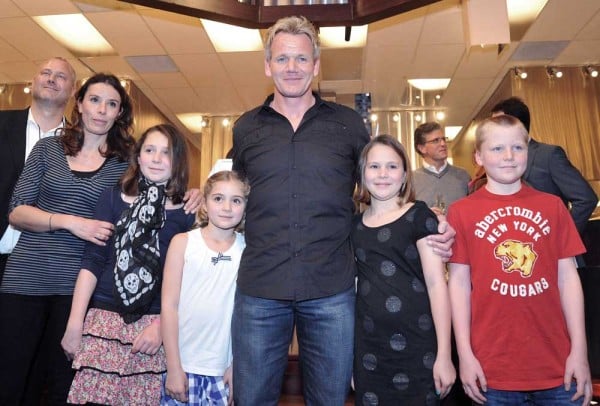
It will turn your world upside down.
The time-honoured tradition of putting older toddlers and preschoolers down for naps has come into question: A new report suggests that napping after age two spoils kids’ sleep.
“The evidence suggests that beyond the age of two years, when cessation of napping becomes more common, daytime sleep is associated with shorter and more disrupted night sleep,” says Karen Thorpe, a professor in development science at Queensland University of Technology in Australia. “… Daytime sleep is not a response to poor night sleep, but rather precedes poor night sleep.”
The problem, Karen says, is that fractured night-time sleep may have consequences during the day.
“There is a significant body of data on children’s night sleep that show association with a range of important health and psychological outcomes,” she explains.
“For example, consistent links between night sleep, but not day sleep, with weight status, including pediatric obesity, are reported. As with adults, disrupted sleep is associated with behaviour and cognitive functioning. Children deprived of sleep are less resilient to emotional challenges and function less well in remembering and learning.”
After scouring the medical literature for studies on napping, Karen and her colleagues winnowed a list of 781 articles down to 26 that explored the impact of napping on sleep and other outcomes, such as health and sociability, according to the report published in the Archives of Disease in Childhood.
While the articles analysed in the new report were not top-of-the-line studies, meaning that children weren’t randomly assigned to take naps and often the children weren’t observed first-hand, taken together they are still suggestive of a problem with regimented daytime naps, the researchers found.

